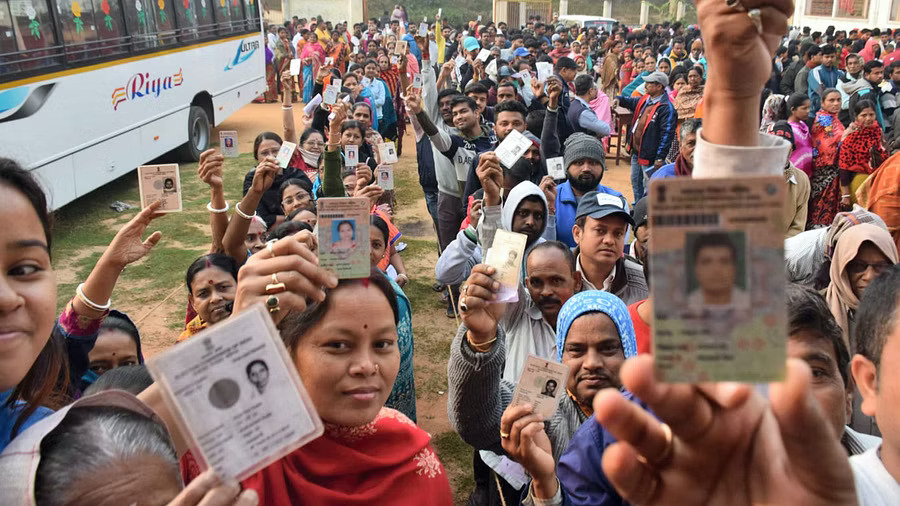The opinion piece begins by acknowledging the concept of “One Nation, One Election” as a means to enhance efficiency in India’s democratic processes. It suggests that holding multiple elections at different levels of government can be resource-intensive, disrupt governance, and create a constant state of political campaigning.
The article highlights the potential benefits of synchronized elections, such as reducing the burden on government machinery, streamlining the electoral process, and allowing for more focused governance between elections. It also suggests that synchronized elections could potentially curb the use of political and financial resources during campaign periods.
However, the opinion piece also underscores the importance of carefully weighing the advantages against the potential challenges. It notes that India’s federal structure and diversity require a balance between efficiency and preserving the essence of democracy, which includes accommodating the diverse voices and opinions of citizens at various levels of government.
The article cautions against a rushed or top-down approach to implementing synchronized elections, emphasizing the need for extensive dialogue, consensus-building, and a thorough understanding of the implications. It calls for a broad-based and inclusive discussion involving political parties, constitutional experts, civil society, and the general public.
The opinion piece concludes by affirming the importance of preserving India’s vibrant democracy while exploring ways to enhance efficiency. It acknowledges that the “One Nation, One Election” concept deserves serious consideration but should be approached with caution and due diligence to ensure that democratic principles and the rights of citizens are upheld.
The debate surrounding synchronized elections in India continues to be a topic of significant interest and concern. The opinion piece serves as a thoughtful contribution to this ongoing discussion, emphasizing the need for a balanced approach that respects the core values of democracy while exploring avenues for improving the electoral process.










